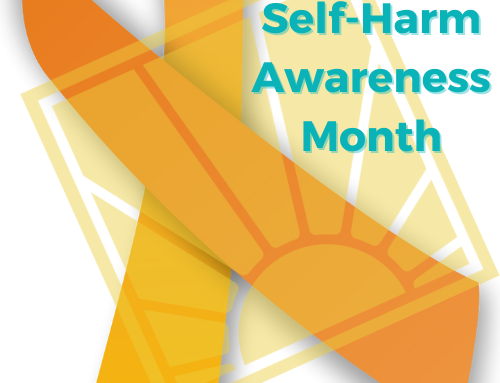We all experience lapses in self-control. For a teenager who is struggling with other emotional issues, however, even a small lapse (whether in the form of procrastinating, eating something not on the diet, or engaging in a compulsive behavior) can create a sense of defeat, adding to her feelings of depression and worthlessness.
According to Dr. Kelly McGongal, a health psychologist and Stanford University instructor, self-control isn’t something you either have or don’t have. It’s a strength that can be developed over time; like a muscle, your self-control can be exercised to make it stronger. She also reminds us that lapses are normal and should be treated as such; normalizing these failings can help them have less power to discourage us, less power to push us deeper into victimhood.
McGongal teaches students specific strategies for strengthening willpower so that the competing demands for our attention can be tamed. According to a recent article by Marina Krakovsky in Stanford Magazine, “All About Willpower: Why it’s not enough to just say no,” McGongal helps students with everything from resisting chocolate to procrastination.
McGongal suggests several tactics for those hoping to strengthen their willpower muscles to achieve more and stress less:
- Surround yourself with people with similar goals and values; positive peer support can help you stay disciplined about the right things
- Do tougher tasks first to avoid falling prey to fatigue and hunger, which erode self control
- Remember that cravings and urges will pass if you wait them out; so be patient
- Don’t mistake willpower for moral “goodness” because that only makes lapses in willpower feel more discouraging, like a moral failing
- Using willpower will make you tired at first but stronger over time, so treat it like a muscle–exercise it to make it stronger
- Don’t quit when you relapse; it’s normal to fail when we’re attempting to change a behavior, so when you do have a lapse, get up and try again

